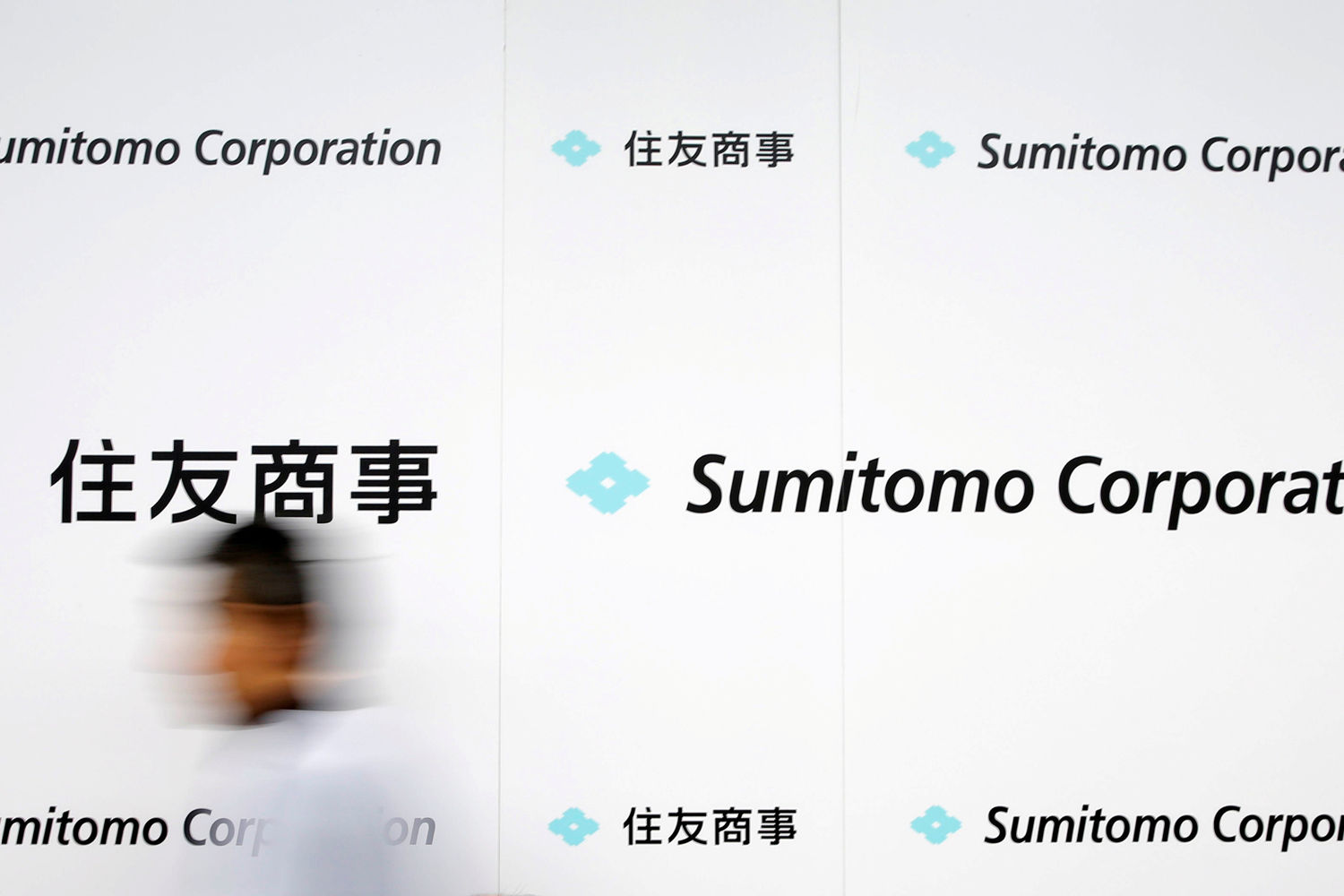(ATF) Japanese trading house Sumitomo will stop investing in new oil development projects as it shifts away from fossil fuel businesses amid a global push to cut greenhouse gas emissions, according to a weekend report.
The move comes as global miners and Japanese trading companies cut their exposure to coal operations, including mining and power generation to trim harmful carbon dioxide emissions and to slow climate change.
Major Japanese trading houses have said they would stop investing in new projects to develop thermal coal mines or build coal-fired power stations, but this would be the first time that a Japanese trading firm decided not to invest in new oil projects, the Nikkei said.
Sumitomo will no longer participate auctions for new oil projects, though it will continue its existing oil projects including those in North Sea, the paper said, without citing sources.
Sumitomo Corporation shares rose 1.5% to 1,439 yen in morning trading on January 25.
Sumitomo will focus its management resources on renewable energy such as offshore wind farms and base metals, including copper and nickel used in electric vehicles, the Nikkei said.
DIVERSIFYING ENERGY
The company is no stranger to energy diversification. Last week, it said it would begin producing “green hydrogen,” made without emitting carbon dioxide. Sumitomo plans to set up a production facility in Australia with Japanese engineering company JGC Holdings and produce hydrogen using small solar-powered electrolysers.
The project is estimated to cost less than 1 billion yen ($9.6 million). Each device produces 300 tonnes of hydrogen annually, which can power about 3,000 fuel cell vehicles. The gas would be supplied to local factories and provide power to hydrogen-powered transit such as buses.
In 2016, Sumitomo formed a joint venture with Cosan, Brazil’s largest sugar exporter, to create the world’s first mass producer of sugarcane pellets for the energy market. The companies planned to produce 2 million tonnes of pellets a year by 2025,
The product would cater to power companies in Europe and Asia that are under pressure to substitute coal, natural gas and oil with biomass to meet renewable energy targets. Sugarcane pellets offer a more environmentally-friendly option as the sugarcane straw and bagasse used in their production would otherwise go to waste.
























